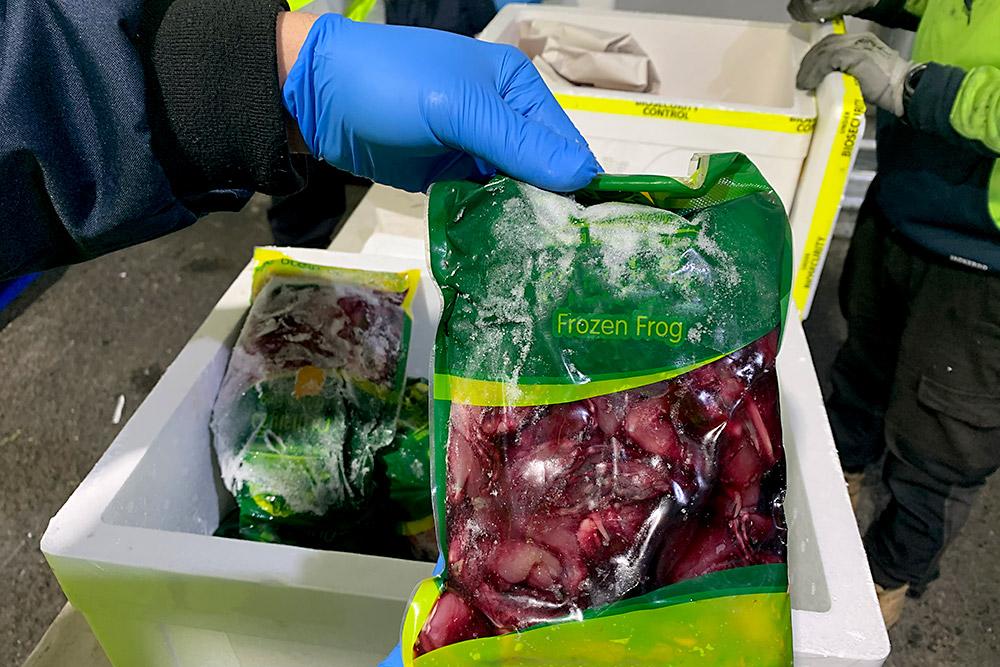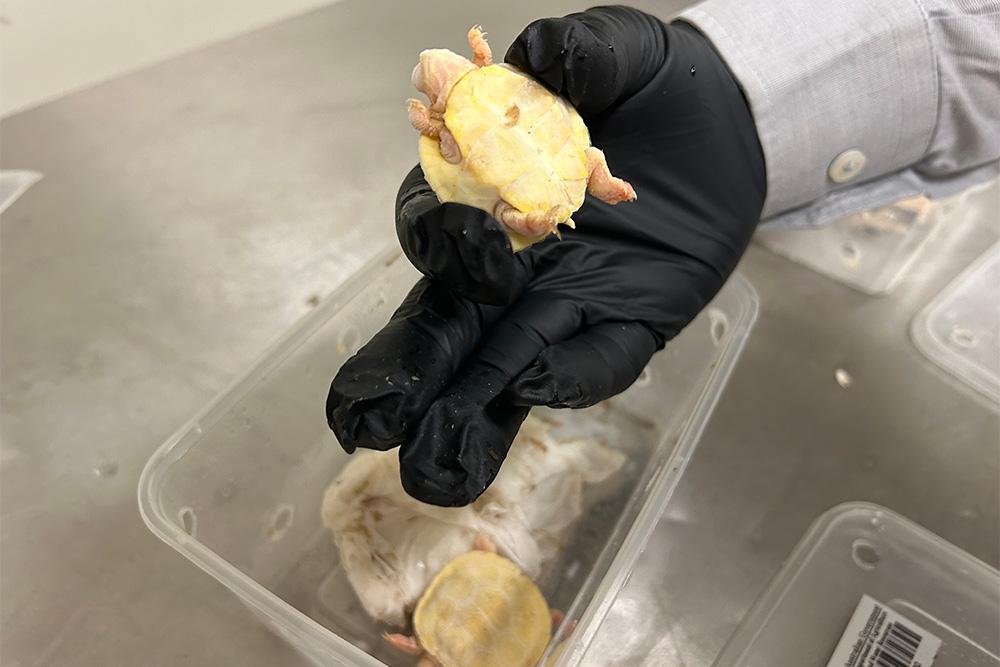The department’s biosecurity detector dog program is recruiting new biosecurity detector dog handlers, with applications open from Thursday 4 August 2022.
First Assistant Secretary of Biosecurity Operations at the department Colin Hunter said Australia’s detector dog program is world class in detecting biosecurity risk items in the airport, seaport and mail pathways.
“The biosecurity detector dog program is just one of the detection tools used by our department,” Mr Hunter said.
“Being a detector dog handler and working with dogs daily is a fun job that also plays an important role in Australia’s biosecurity system.
“We’re looking for candidates who are engaging, resilient and results driven.
“To be a biosecurity detector dog handler, you need to be a fully accredited and operational biosecurity officer. This is why, in recent times, recruitment for these positions has been an internal process.
“This new recruitment round is open to the general public and we encourage all who are interested to apply.
“Successful applicants will receive biosecurity foundation training as well as detector dog handler training to prepare them for the scenarios they may experience when deployed across our operation pathways.
“With international travel increasing following the opening of borders after COVID, and increased volumes in the mail and seaport pathways, the department requires additional biosecurity detector dog handlers to join the front line of biosecurity.
“It’s a great opportunity to join this specialised team and work with amazing canine and human colleagues to help protect Australia against biosecurity risks.
“Detector dogs are fast, versatile and mobile with a key role in strengthening our biosecurity systems in response to a growing biosecurity threat.
“This year our detector dog program celebrates 30 years of helping to protect Australia from exotic pests and diseases, which is definitely a paws for a celebration.”
For more information on Australia’s detector dogs visit agriculture.gov.au/detector-dogs.
Click here to apply to be a detector dog handler.
Fast Facts:
- Detector dogs are trained to detect biosecurity risk items such as fresh fruit, fresh vegetables, fresh plant material (including cuttings), viable seeds and bulbs, meat (excluding fish), eggs and Brown Marmorated Stink Bugs (BMSB), one of our top priority plant pests. These groups contain over 200 individual commodities.
- On average, our detector dogs can be expected to find up to 9,000 biosecurity risk items during their working life. The three most common items the detector dogs find are meat, seeds and fruit.
- Last financial year the detector dogs intercepted approximately 16,000 biosecurity risk items. The three most detected items included meat, seeds and fruit which could all carry pests and diseases that would seriously harm our environment, agricultural industries and economy if they were to establish here.



